Remember the phrase, “Behind every great man is an even greater woman”? Well, in the world of Skyfall, it might be more like, “Behind every great Bond is a very careful scriptwriter.” As the twenty-third film in the James Bond series, it didn’t just raise the bar; it set a new one entirely. It’s like Daniel Craig stepped into 007’s tuxedo, zipped it up, and suddenly, the Bond universe was transformed, unapologetically raw and real.
With this flick, the classic suave agent’s world was no longer just about gadgets and girl-chasing—there was a pulse. But, as we all know, things aren’t always as smooth as they seem behind the scenes. And Sam Mendes, the director, understood that perhaps better than anyone.
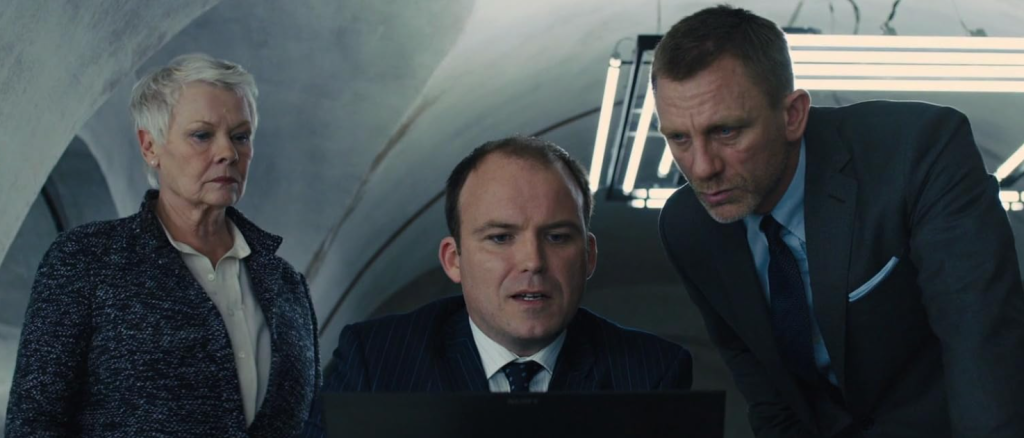 Judi Dench, Daniel Craig, and Rory Kinnear in Skyfall (2012) | Credit: Sony Pictures Releasing
Judi Dench, Daniel Craig, and Rory Kinnear in Skyfall (2012) | Credit: Sony Pictures ReleasingIn an interview, Mendes opened up about the early drafts of Skyfall, revealing how the character of Bond was evolving in ways that could have altered the core of what makes him iconic. The writing process was a tightrope walk, where one wrong step could have undone the legacy of the world’s most famous secret agent.
Skyfall: Sam Mendes on the ‘early draft’ of script
While Skyfall succeeded in breathing new life into the James Bond franchise, the journey to its final script wasn’t exactly plain sailing. Director Sam Mendes faced a challenge that many filmmakers would envy: striking the perfect balance between innovation and tradition. When asked how far they could push Bond’s character (played by Daniel Craig) without losing his iconic essence, Mendes spoke about the fine line they walked (via IndieWire):
There is definitely a line. You feel it if you cross it, the things Bond can’t do as a character. You know he has to operate fundamentally on his own, that’s the main thing.
 Daniel Craig in Skyfall (2012) | Credit: Sony Pictures Releasing
Daniel Craig in Skyfall (2012) | Credit: Sony Pictures ReleasingJames Bond, at his core, is an independent agent. The idea of making him more like a “buddy cop” figure—teaming up with Raoul Silva (played by Javier Bardem)—was explored in the early script drafts, but Mendes quickly recognized it was a non-starter.
Mendes elaborated on this with
Doesn’t work, you can’t make Bond Butch and Sundance.
However, as much as Bond is about independence, Mendes also acknowledged the need for relationships—just not the typical ones. Bond’s flirtations with women are well-known, but Mendes explained that
Also there has to be a flirtation with women apart from M, so the only person who can really unlock him is M. And that’s why we went down that road to such a degree.
M, played by Judi Dench, represents a maternal figure in Bond’s life. She’s not just a superior officer; she’s the only one who can truly get through to him, unlock his vulnerabilities, and reach the deeper layers of his psyche.
Sam Mendes on the mystique of James Bond
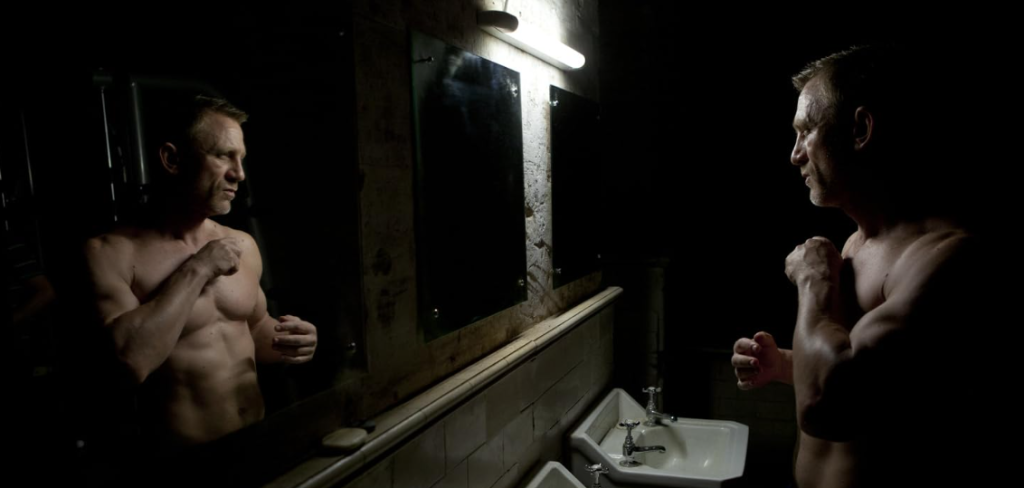 Daniel Craig in Skyfall (2012) | Credit: Sony Pictures Releasing
Daniel Craig in Skyfall (2012) | Credit: Sony Pictures ReleasingIn the same chat, Sam Mendes continued with his reflections, discussing how Bond’s character resists being introspective or overly explanatory: “Bond cannot explain, nor does he ever want to. He can’t put himself into analysis.”
This aspect of Bond was crucial to the film’s narrative. Bond doesn’t sit around analyzing his emotions or putting his actions into words. He acts, often driven by instinct, and that’s what makes him compelling. The filmmakers experimented with giving Bond more lines to articulate his feelings, but ultimately, it didn’t feel right. As Mendes put it, Bond’s reluctance to explain himself is key to his character—it’s part of the mystique that audiences have always loved:
We actually wrote him more lines and had to take them out, it just didn’t feel right. Bond cannot explain, nor does he ever want to. He can’t put himself into analysis.
These careful decisions about character development are a big reason why Skyfall resonated so deeply with audiences. The film stayed true to Bond’s essence while allowing for new dimensions. The character evolved, but only in ways that enhanced the franchise, never at the cost of its core.
And the results? A film that grossed over $1 billion worldwide (Box Office Mojo), became the highest-grossing Bond movie ever and earned critical acclaim.
Skyfall wasn’t just a milestone in Bond’s legacy; it was a reminder of why, after all these years, we still love the world’s most famous spy. And as Mendes wisely said, “You feel it if you cross it—the things Bond can’t do as a character.” It’s the unspoken rule that keeps 007 forever iconic!
Skyfall is currently streaming on Amazon Prime Video.
.png)
 1 week ago
18
1 week ago
18
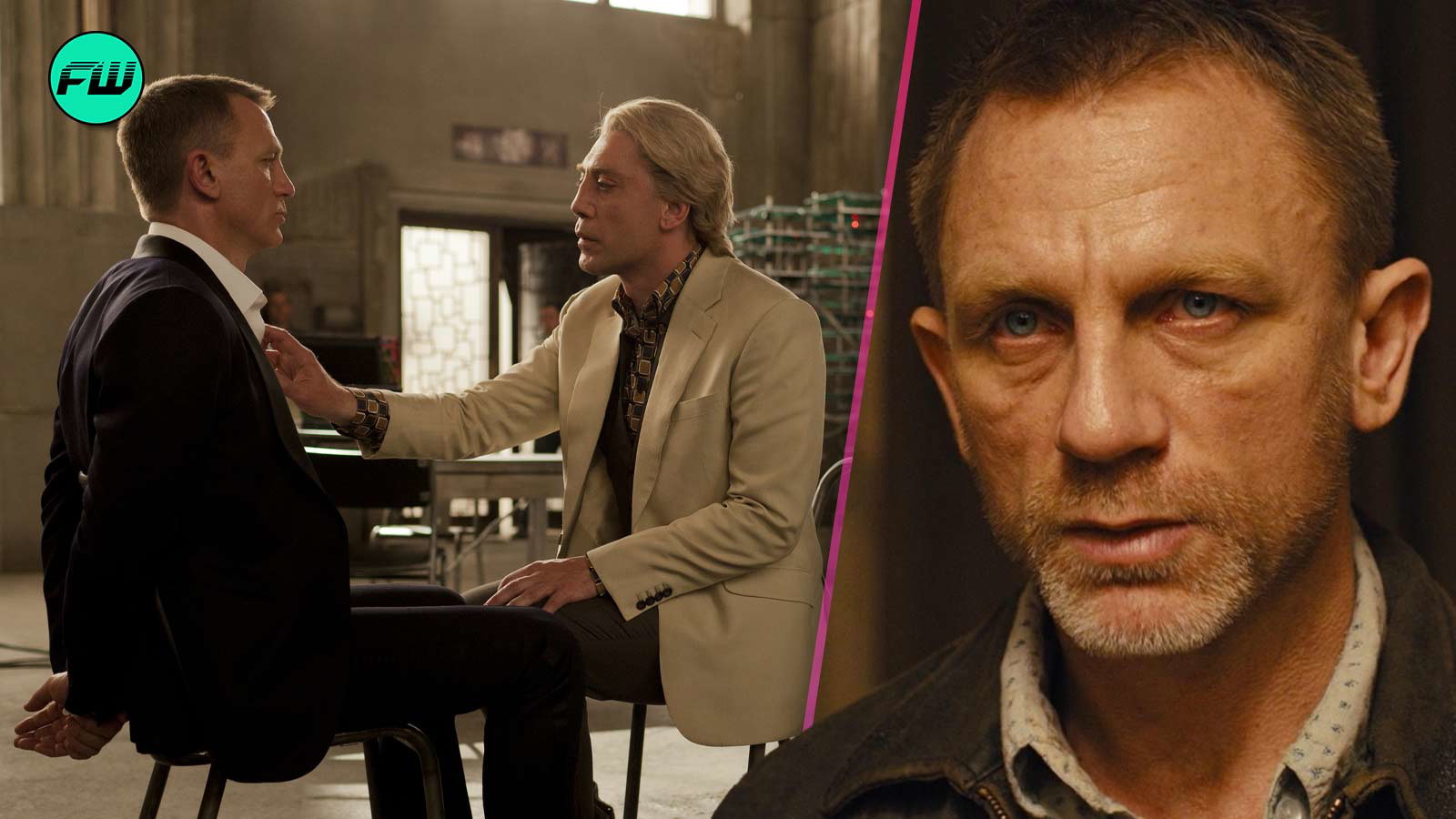

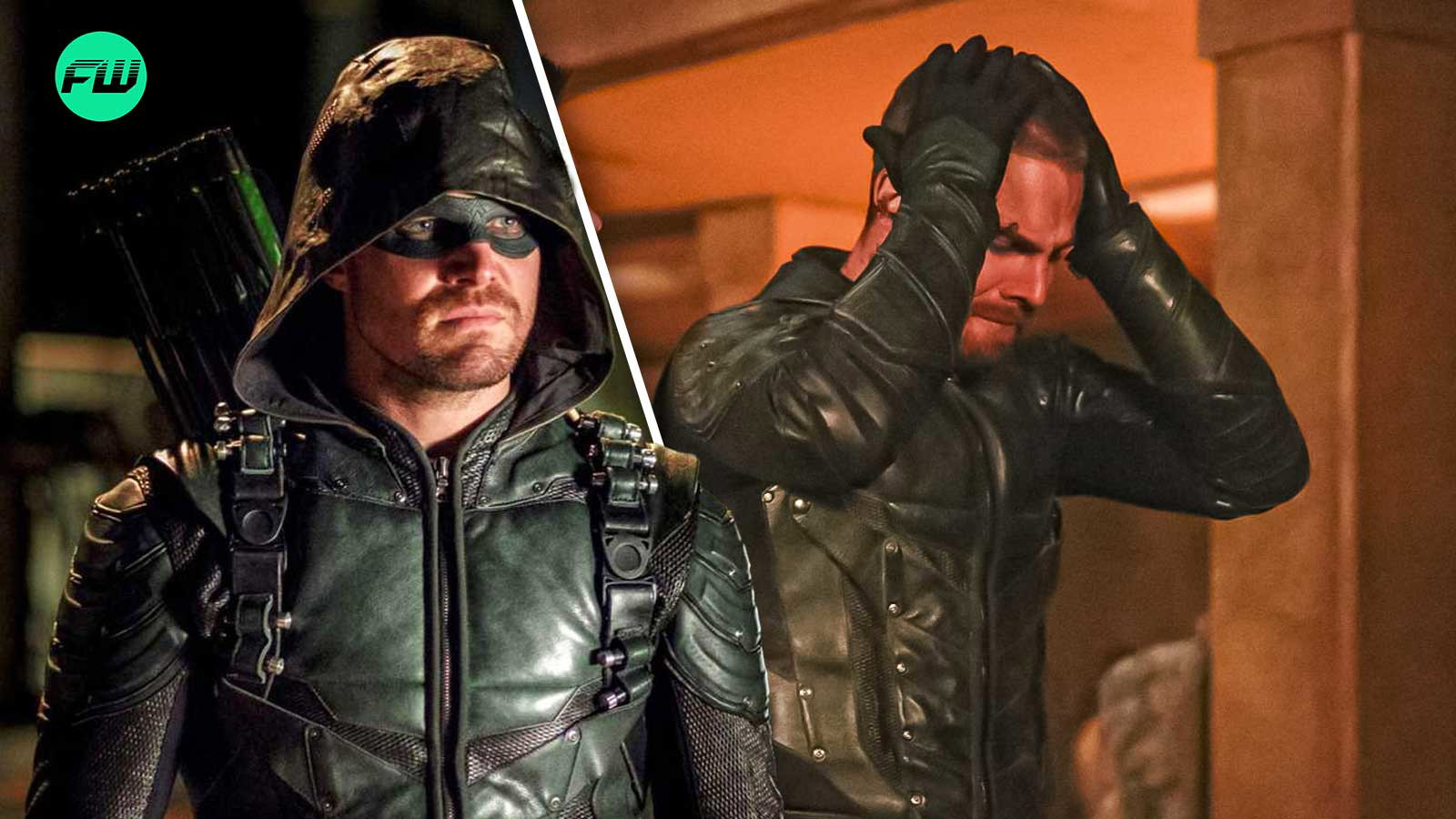





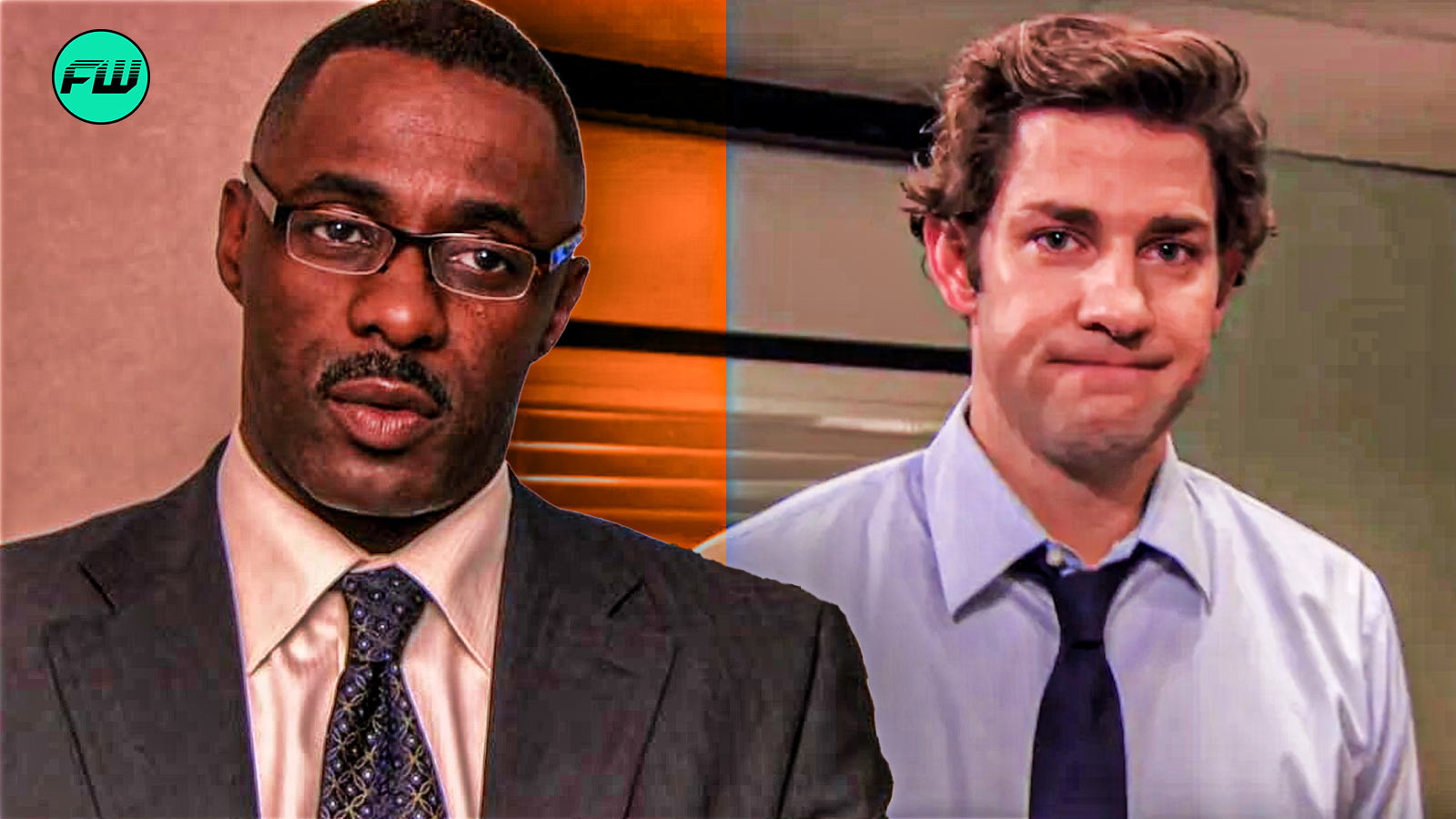
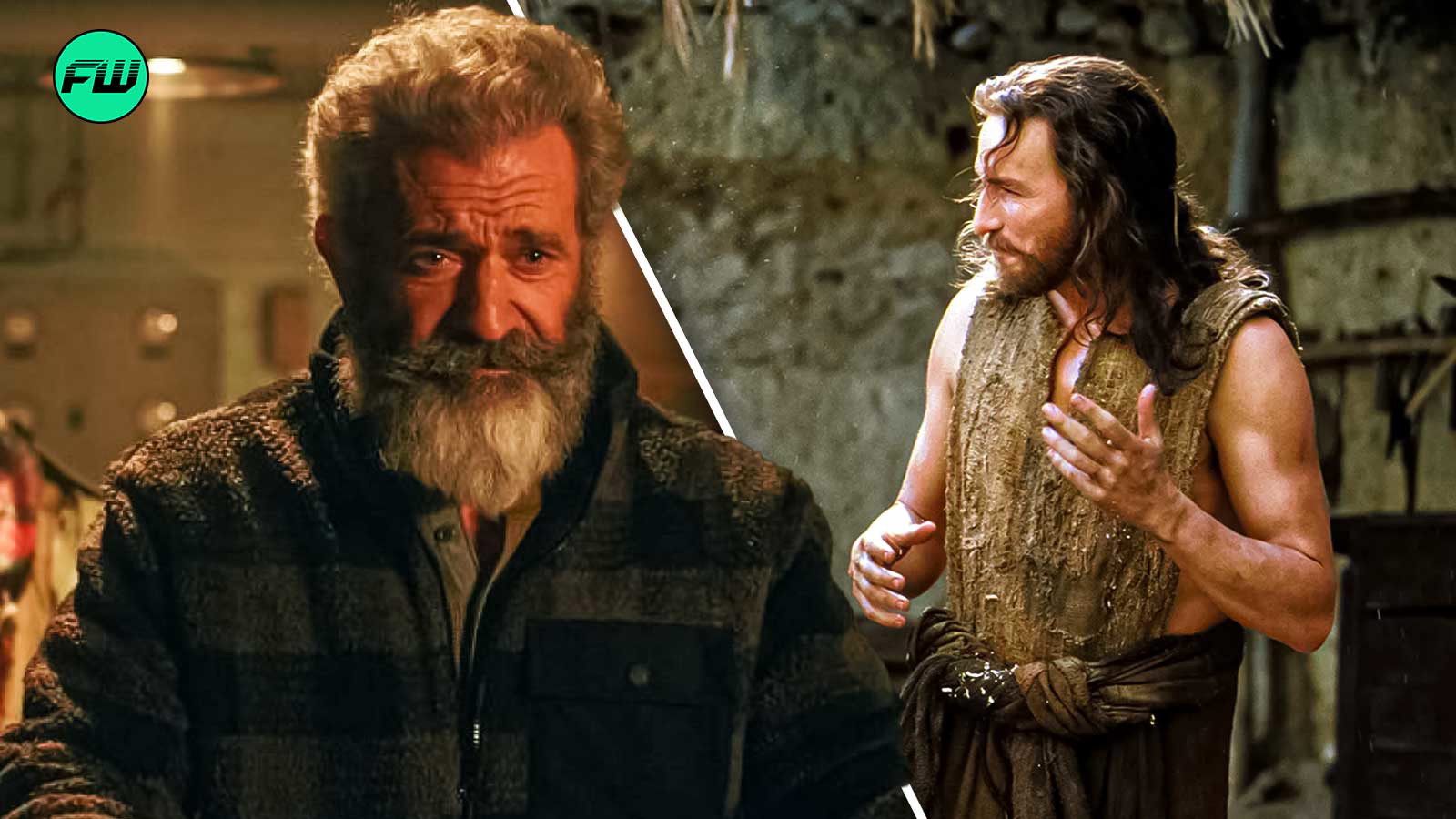



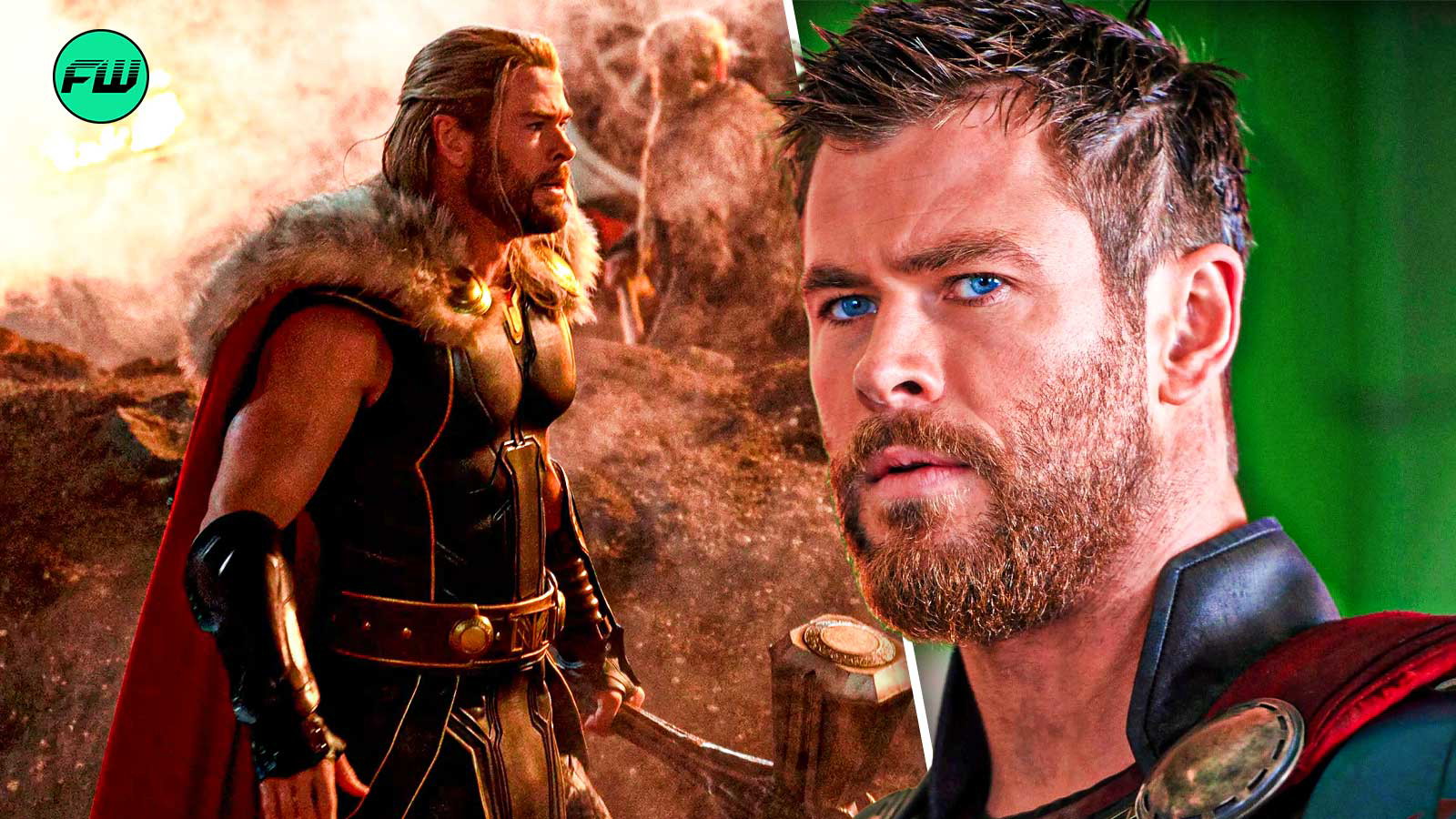






















 Bengali (BD) ·
Bengali (BD) ·  English (US) ·
English (US) ·